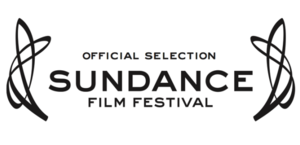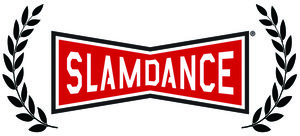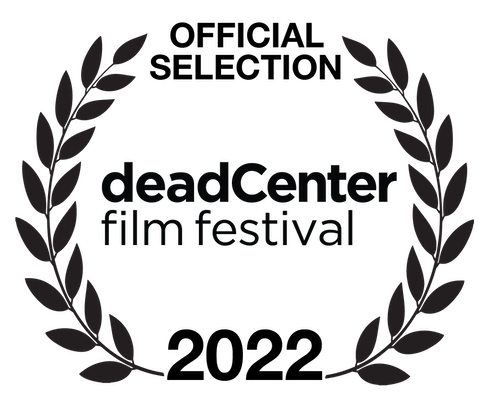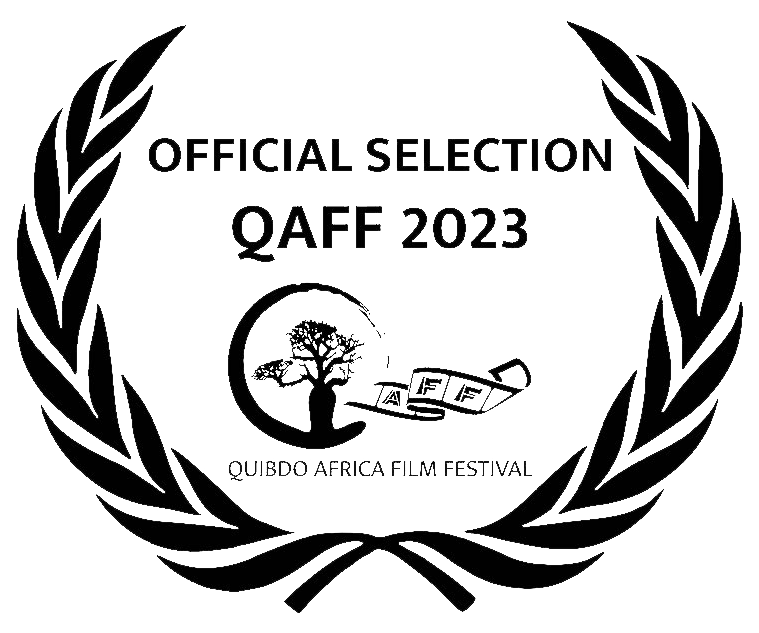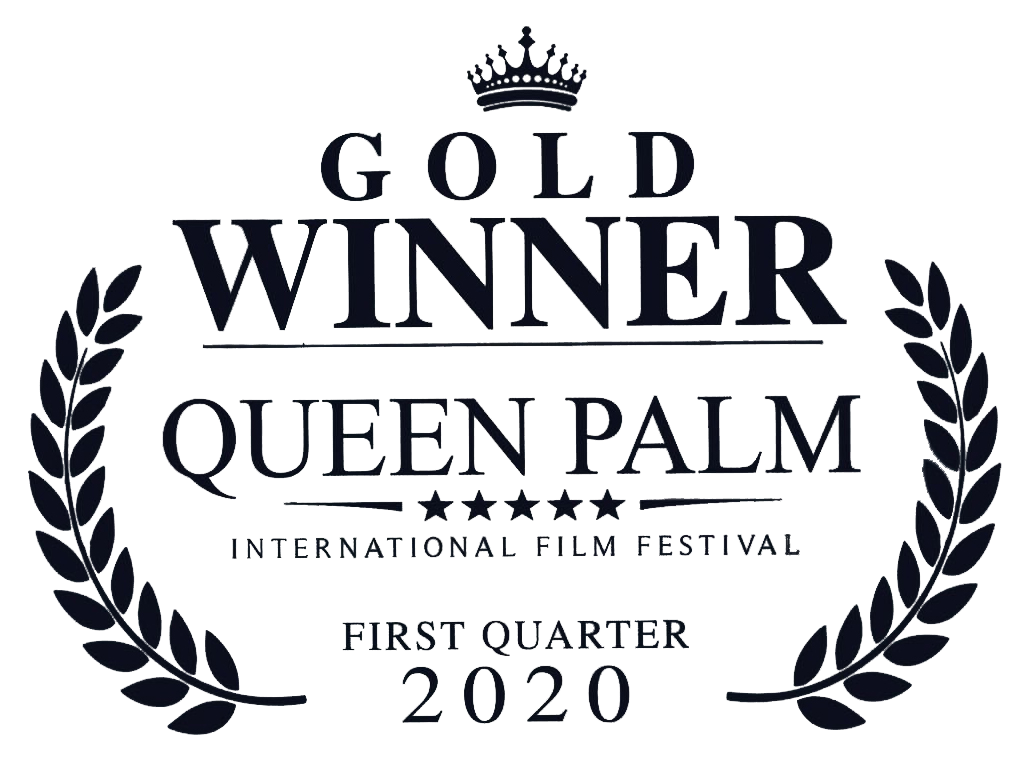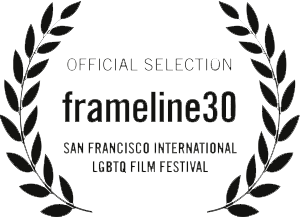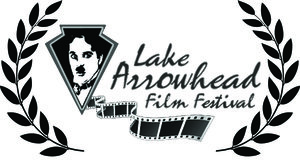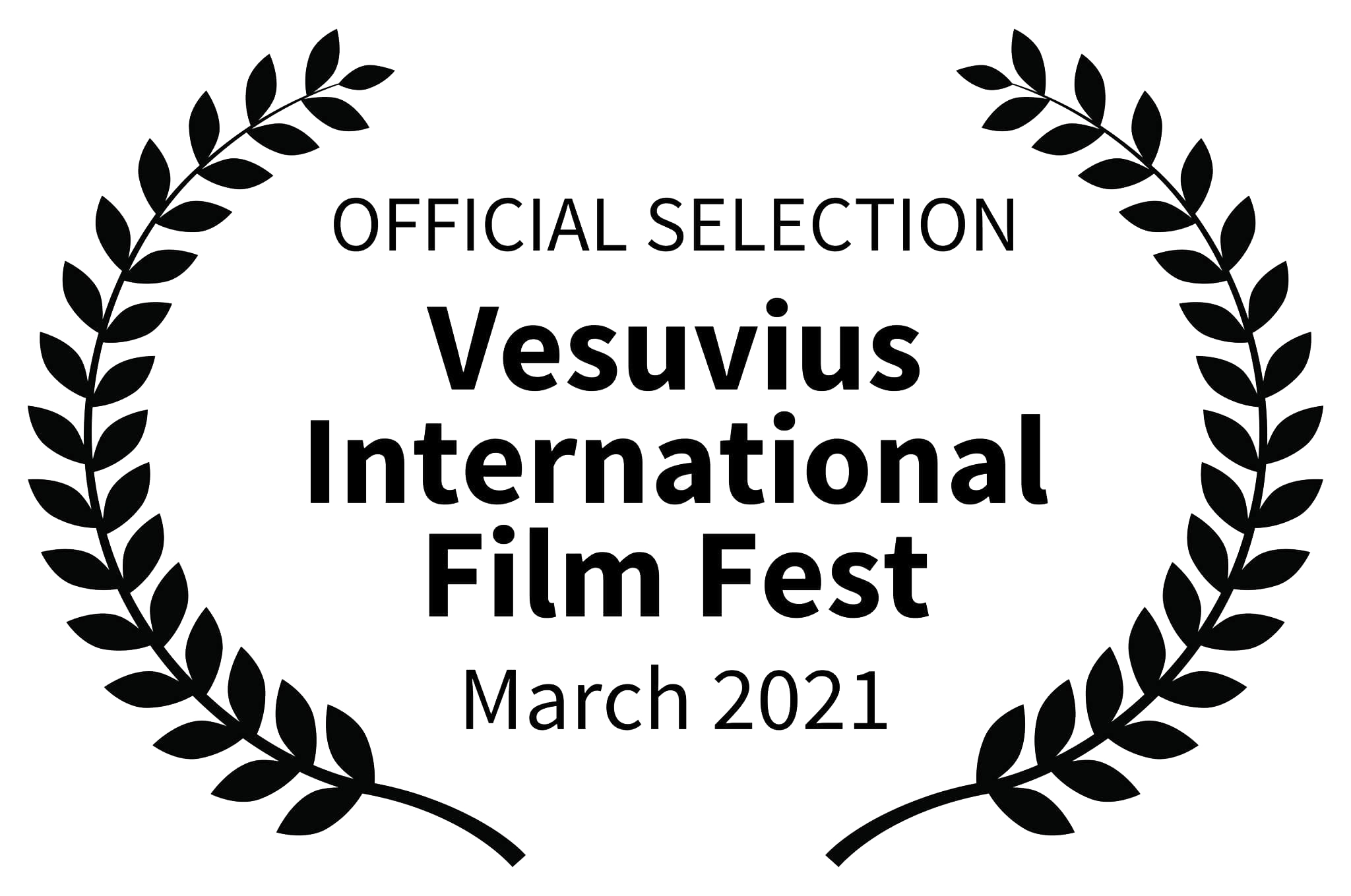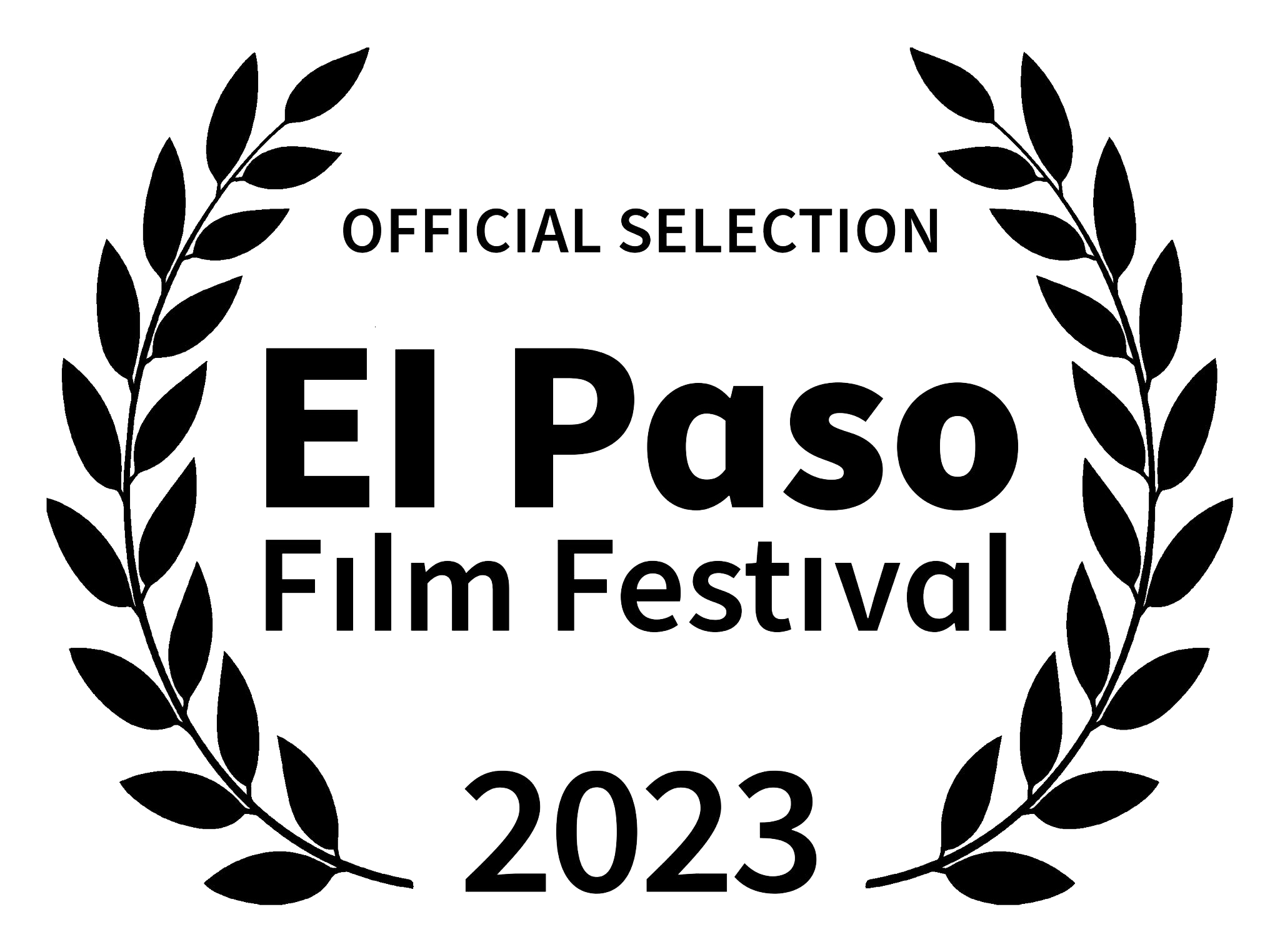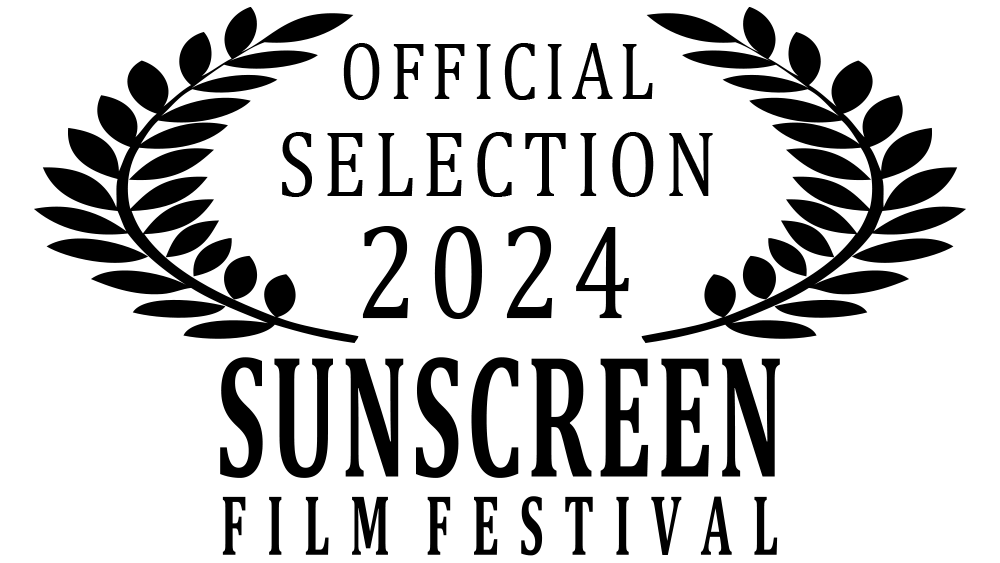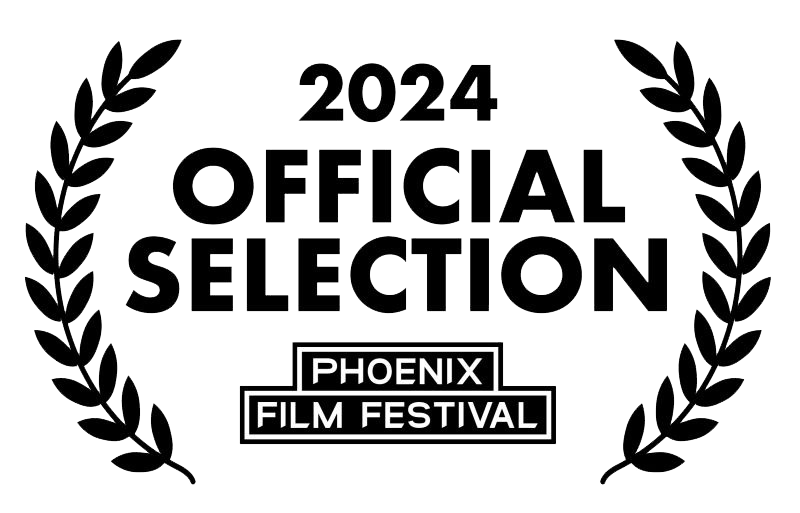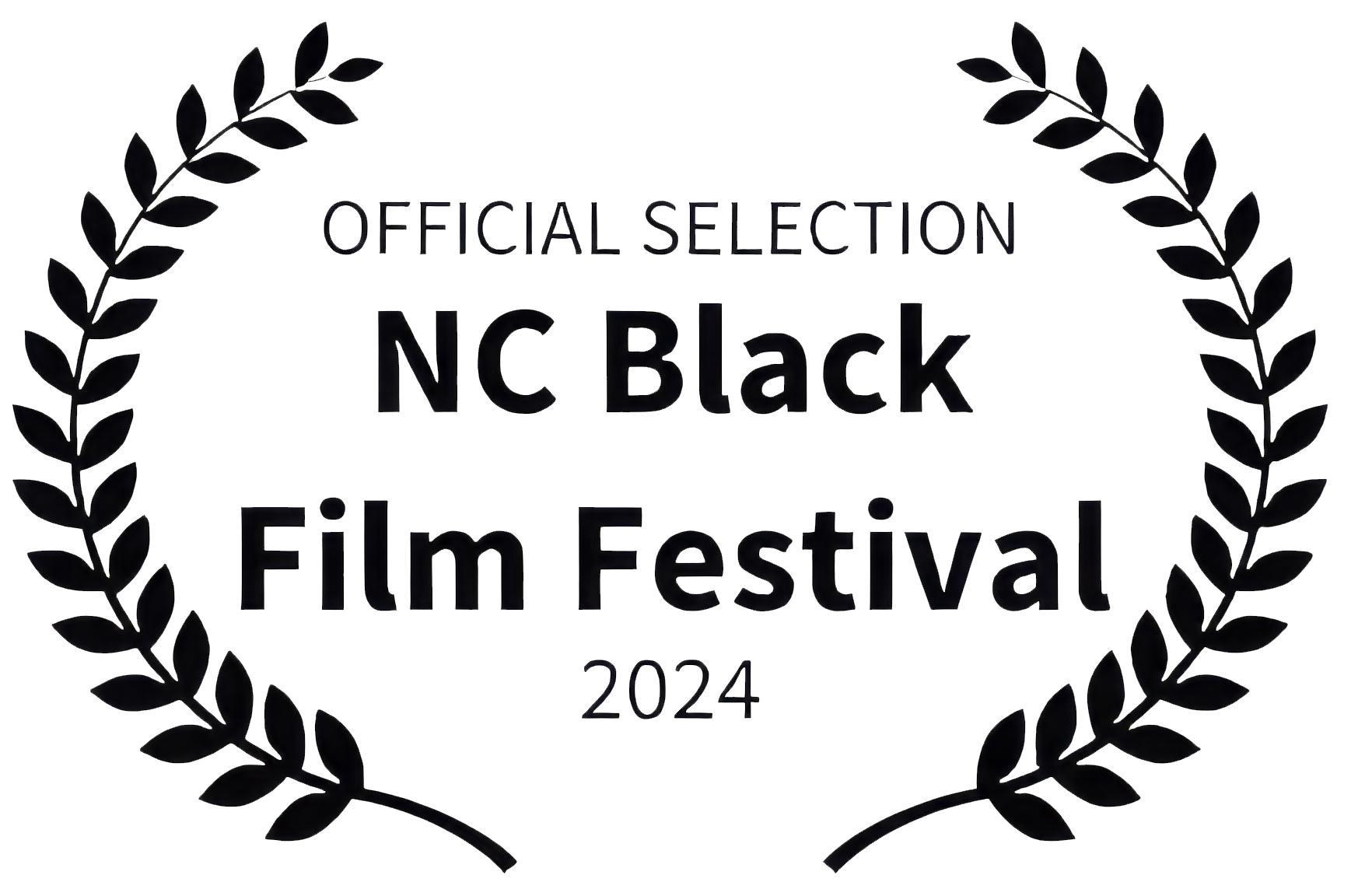It's Never Over
/Is a gig ever really over? Sometimes it’s clear when we’re finished (especially if things go, how you say, not so well). Other times, though, it seems that the ghosts of projects past come back to haunt us, again and again.
Something that happens more often than you’d think around here is this: I’ll get a suspiciously friendly phone call from a filmmaker I haven’t spoken to in a while. In the midst of catching up, I’ll hear that he has some Exciting News! (oboy.)
…Their two-year-old (or three-year-old, or six-year-old, or older) project has just been picked up by a distributor. Or they’re re-editing it for a festival. Or they just want to spruce it up or “dot all the i’s” before moving on to something new.
And, of course, there are a few teeeensy little technical details that need to be ironed out, the pace of technology being what it is and what-not.
Here it comes: Can I, their Amazing Composer, take a quick second and look through my files and send along:
A) the cue sheet
B) the Composer Agreement (funny how filmmakers and production companies seem to lose these!)
C) a complete set of audio files/stems of the score
D) a couple of revised versions of cues that “we never really nailed,” or maybe even…
E) a new version of the score, mixed in 5.1 instead of stereo? (Don’t laugh. It’s happened.)
Some of this is just a good laugh on a weekday morning. There’s no way you’re gonna volunteer for this kind of duty. But it costs them nothing to see if they can squeeze a little extra work and hassle out of you for free, so they’re giving it a shot.
But short of that, there’s a wide range of requests that we might legitimately consider to be part of the ongoing commitment we take on when we sign our composer agreements. We should, for example, keep all of our paperwork, filed away so that we can access it whenever it’s needed. This kind of paperwork should never be thrown away.
Likewise, it shouldn’t be too time-consuming to re-deliver the score (unless your internet connection is sloooow). If the filmmakers want a new physical version mailed to them, my opinion is that they should cover the costs of materials and postage. And they should volunteer to pay for that (even if they hardly ever do).
By the way, a similar syndrome can manifest itself before any time has elapsed. I had a phone call about this from a colleague recently. Here’s how this one goes: You’re ready to submit a set of library cues to (insert name of Big Library Music Company, or maybe even Cable Network Executive, here).
Not only are you getting no money up front for this ingenious piece of entrepreneurship, but then, to top it off, you get a call from the recipient asking:
A) if they can keep the hard drive(s) on which you submitted the material (at which point you’re paying for the privilege of giving your music away—!), or…
B) if you don’t mind creating an online-searchable database of those cues… you know, “so you can be competitive with the other companies submitting cues. We don’t really want to waste time with a library if it’s not searchable online.”
These aren’t made-up scenarios or comments: they’re nearly the exact words my colleague heard over the phone. From an executive who was dangling something like 100 cable episodes as the “carrot” to this “stick.”
The kicker? Later in the conversation, the same exec uttered the phrase “I’m not comfortable with the idea of having some invoice from you hanging over my head.” (re: the hard drives, which I’m supposing the exec wanted the composer to offer up as a gift, free of obligation to use the music inside.)
That, to me, is equal parts painfully obscene, beautifully surreal, and utterly par for the course.
Again, something this gratuitous is worthy of derisive laugher and not much else. But other requests sound so easy, so not-a-big-deal, do-it-for-me that you might get sucked in. Just this once. Just to see how it feels.
Please, for the sake of the rest of us, consider what sort of standard operating procedure you’re committing to… and committing the rest of us to, by default.
Getting back to the larger point: you should have a system in place to deliver old materials. That includes organizing your completed works in such a way that they’re accessible and current in format (DVD-R ain’t gonna cut it—downloadable from a server is best, combined with thumb drive or other portable media as a physical delivery). You should also take a little time when you’re not under the pressure of deadlines, to decide exactly what your own boundaries are with respect to this stuff. There are some gray areas here, which you’ll need to define on your own.
For example: should you be required to re-mix? Probably not. But you might be willing to batch-convert the audio into a different format if you’re asked. Or you might not. Should you re-send paperwork? Sure. But should you be willing to chase down signatures if that original paperwork never got fully executed? That’s sort of up to you.
Those, plus dozens of scenarios and situations I’m forgetting or incapable of imagining. They’ll all happen over the course of your career. Get out in front of as many of them now as you can, while it’s (relatively) easy. Draw your lines in the sand before the tide comes rolling in, to overextend the metaphor.
While you’re at it, make a note to tighten up your organizational system… figure out what’s worth saving and what you should toss… keep an eye on new formats and figure out a strategy for transferring your data on a regular basis as your old media become obsolete.
Because it’s never over. Truly.


